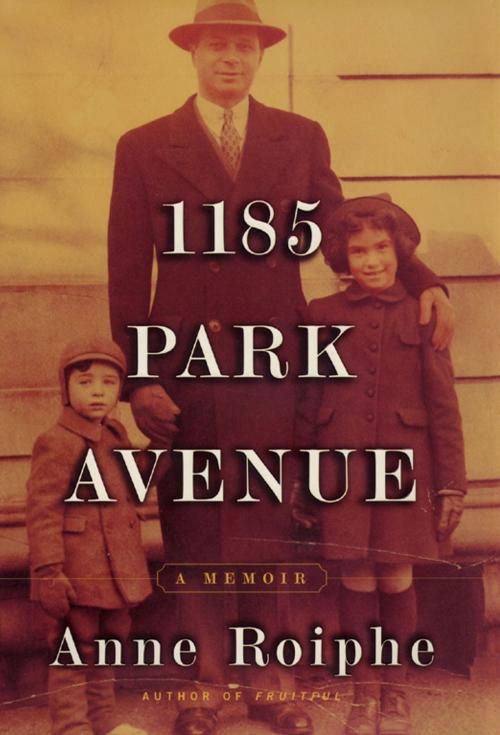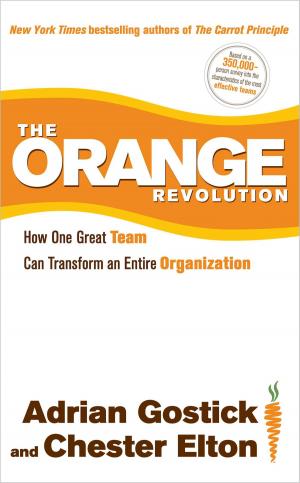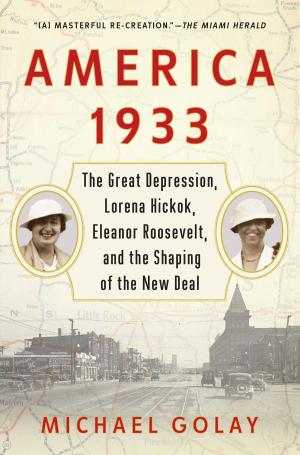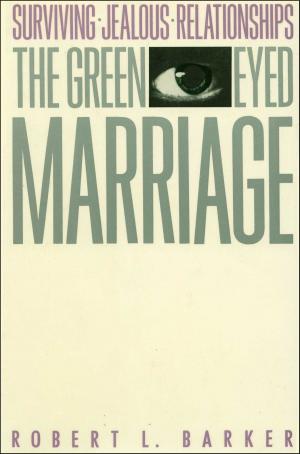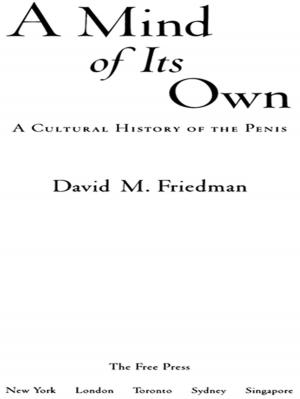| Author: | Anne Roiphe | ISBN: | 9780684871943 |
| Publisher: | Free Press | Publication: | August 13, 1999 |
| Imprint: | Free Press | Language: | English |
| Author: | Anne Roiphe |
| ISBN: | 9780684871943 |
| Publisher: | Free Press |
| Publication: | August 13, 1999 |
| Imprint: | Free Press |
| Language: | English |
In this captivating memoir, novelist Anne Roiphe shows us what it was really like to grow up rich and Jewish in New York in the 1940s and 1950s. Revisiting the world of her childhood, Roiphe brings alive a cast of characters who are both difficult to love and impossible to forget. Through the eyes of this precocious, loving daughter, we witness the brutalities that lurked behind the mah-jongg tables, cocktail parties, and summer houses of her family. By turns heartbreaking, funny, and mercilessly honest, Roiphe's story exposes the fault lines of misery that exploded in domestic battles on the home front, far overshadowing the war overseas.
The locus of the story is 1185 Park Avenue. It is one of the buildings on the northern end of the avenue -- just before the train tracks mark the beginning of Harlem -- that wealthy Jewish families claimed as their own in the first half of the 20th century. Amidst the maids and the governesses and the doormen and the psychiatrists live the members of the Roth family, in Apartment 8C. They include an unfaithful father who uses his wife's fortune to entertain other women and play cards at his club; a misfit son who won't eat his food because he believes his parents are trying to poison him; a disappointed mother who waits all day for her five o'clock scotch and her crossword puzzle; and an eager daughter who tries to negotiate peace at the dinner table. Bound by custom and greed, as well as love, they stay together until their world at 1185 Park has done its damage. Only the daughter escapes whole -- to become the writer we now know as Anne Roiphe.
1185 Park Avenue is both a history of an era and a portrait of the artist as a young woman. Roiphe makes it impossible for us to view the 1940s and 1950s with unabashed nostalgia or to think the same way about the people who were crushed by its lies and deceptions. Her redemption, though bittersweet, stands as a haunting triumph long after we have turned the last page of her compelling story.
In this captivating memoir, novelist Anne Roiphe shows us what it was really like to grow up rich and Jewish in New York in the 1940s and 1950s. Revisiting the world of her childhood, Roiphe brings alive a cast of characters who are both difficult to love and impossible to forget. Through the eyes of this precocious, loving daughter, we witness the brutalities that lurked behind the mah-jongg tables, cocktail parties, and summer houses of her family. By turns heartbreaking, funny, and mercilessly honest, Roiphe's story exposes the fault lines of misery that exploded in domestic battles on the home front, far overshadowing the war overseas.
The locus of the story is 1185 Park Avenue. It is one of the buildings on the northern end of the avenue -- just before the train tracks mark the beginning of Harlem -- that wealthy Jewish families claimed as their own in the first half of the 20th century. Amidst the maids and the governesses and the doormen and the psychiatrists live the members of the Roth family, in Apartment 8C. They include an unfaithful father who uses his wife's fortune to entertain other women and play cards at his club; a misfit son who won't eat his food because he believes his parents are trying to poison him; a disappointed mother who waits all day for her five o'clock scotch and her crossword puzzle; and an eager daughter who tries to negotiate peace at the dinner table. Bound by custom and greed, as well as love, they stay together until their world at 1185 Park has done its damage. Only the daughter escapes whole -- to become the writer we now know as Anne Roiphe.
1185 Park Avenue is both a history of an era and a portrait of the artist as a young woman. Roiphe makes it impossible for us to view the 1940s and 1950s with unabashed nostalgia or to think the same way about the people who were crushed by its lies and deceptions. Her redemption, though bittersweet, stands as a haunting triumph long after we have turned the last page of her compelling story.
